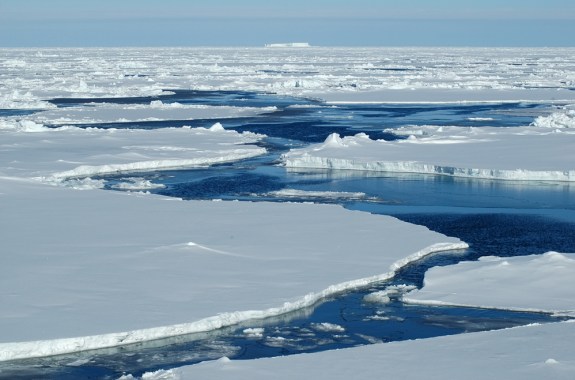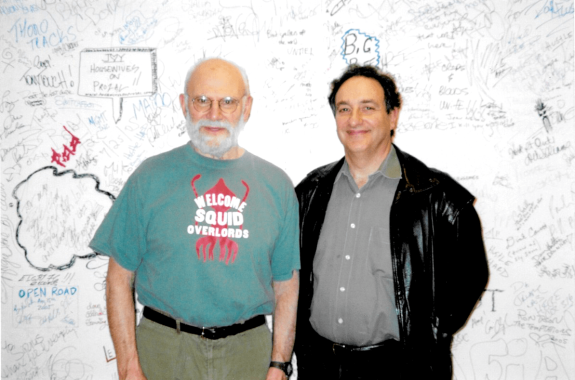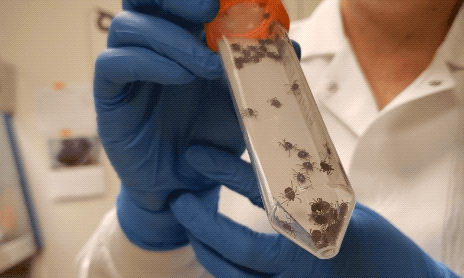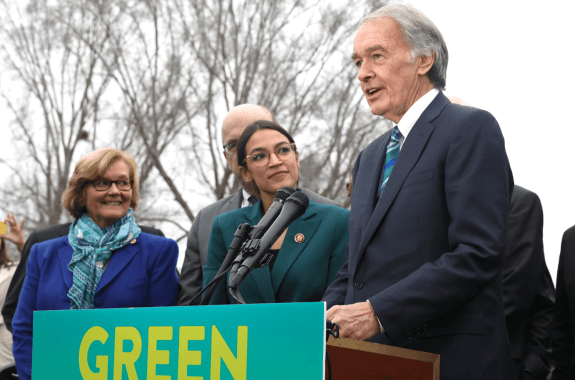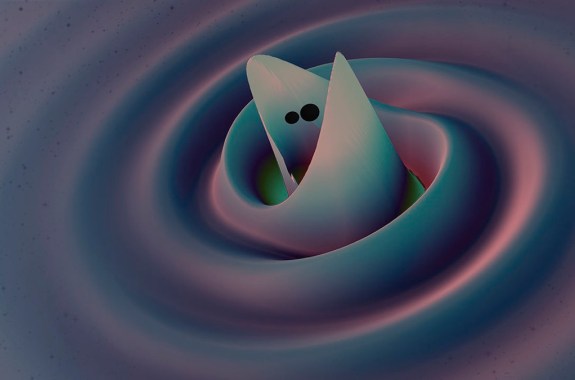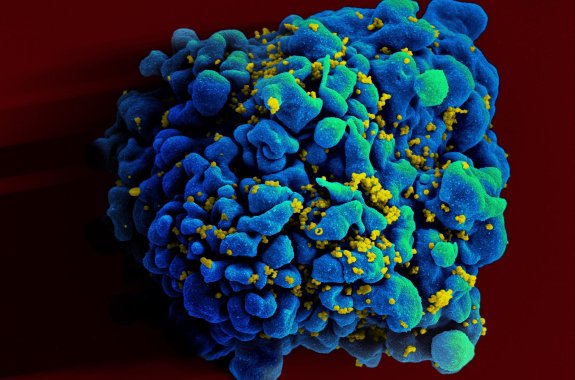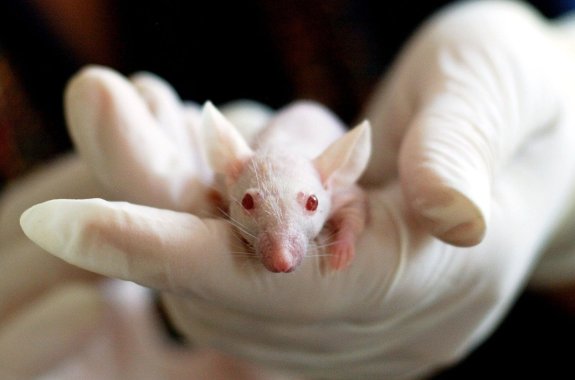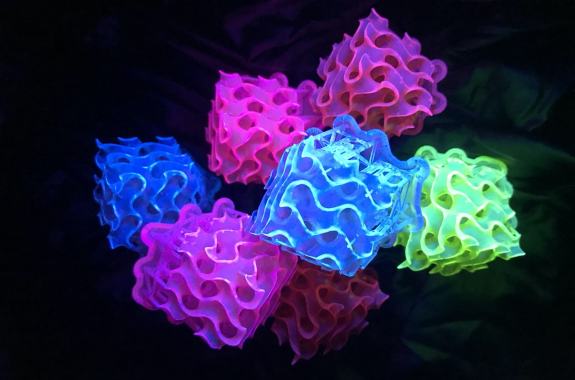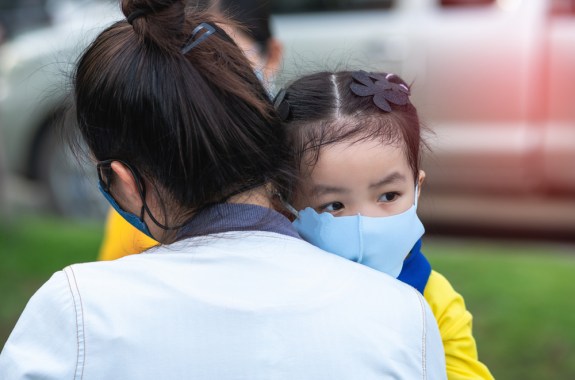As Science Friday’s director and senior producer, Charles Bergquist channels the chaos of a live production studio into something sounding like a radio program. He coordinates in-studio activities each week from 1-4. And then collapses. He also produces pieces for the radio show. His favorite topics involve planetary sciences, chemistry, materials, and shiny things with blinking lights.
Charles has been at Science Friday longer than anyone on staff except Ira, and so serves as a repository of sometimes useful, sometimes useless knowledge about the program. He remembers the time an audience member decided to recite a love poem during a live remote broadcast, the time the whole staff went for ice cream at midnight in Fairbanks, Alaska, and the name of that guy Ira is trying to remember from a few years back who did something with space.
He hails from southeastern Pennsylvania and worked for a while as a demonstrator at the Franklin Institute, Philadelphia’s science museum (favorite devices: Maillardet’s Automaton, the stream table, the Chladni plates). He has a degree in chemistry from the University of Delaware, home of the Fighting Blue Hens, and a master’s in journalism from New York University’s Science, Health, and Environmental Reporting Program. However, he attended the program prior to the addition of ‘Health’ to its name, which may explain his slight unease when covering medical topics.
Outside the walls of Science Friday, he enjoys backpacking, camping, cooking not-entirely-healthy things, reading escapist fiction, and trying to unravel his children’s complicated stories.
12:15
New Study Shows No Second Chance For Antarctic Ice Shelves
A new study predicting major sea level rise magnifies the need for fundamental changes to forestall catastrophe.
16:16
Oliver Sacks, In His Own Words
A new film explores the extraordinary life and legacy of neurologist and writer Oliver Sacks.
15:56
To Milk A Tick
Compounds in tick saliva can reveal to how these parasites can create anesthetics and anticoagulants to breakdown human and animal defenses.
17:16
Climate Change Is On The Ballot This November
Senator Ed Markey discusses the Green New Deal, and environmental priorities for an election year—and beyond.
17:08
Why A Medium-Sized Black Hole Is Surprising Physicists
The discovery of a medium-sized black hole offers new insights into how black holes form and grow.
17:11
Amid The Pandemic, Other Diseases Still Lurk
As resources are being devoted to fighting coronavirus, diseases like tuberculosis and HIV may resurge.
16:57
Bacteria May Hold The Key To Cancer Immunotherapy
Researchers have discovered that a species of bacteria can help turn on immune T cells in mice.
12:11
What Can Science Tell Us About Story Structure?
Researchers analyzed thousands of stories looking for linguistic clues to narrative structure.
9:53
Making Day-Glo Glow More Brightly
Chemists find a way to make some of the brightest fluorescent objects yet.
17:27
Fewer Coronavirus Antibodies May Not Mean Less Immunity
Here’s what you should know about coronavirus and children, the latest in vaccine development, and new research into aerosols and spike mutations.
